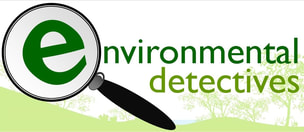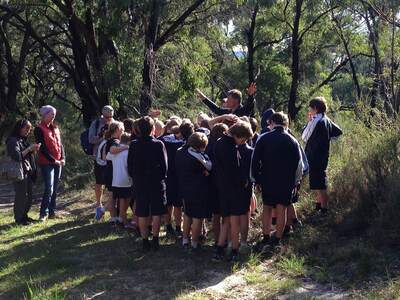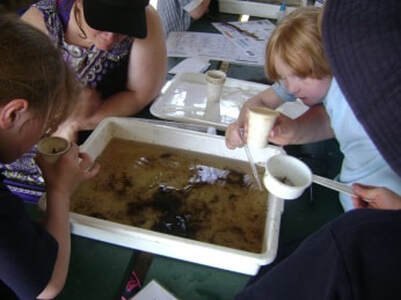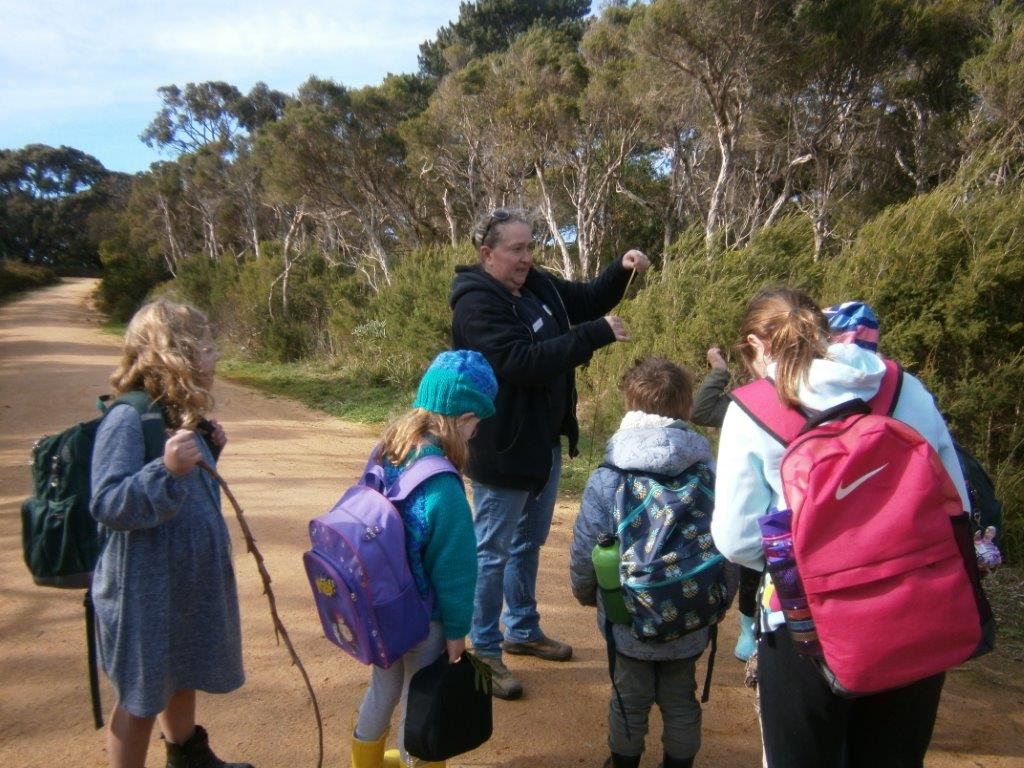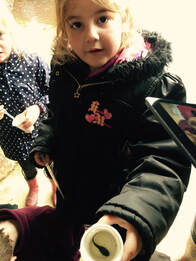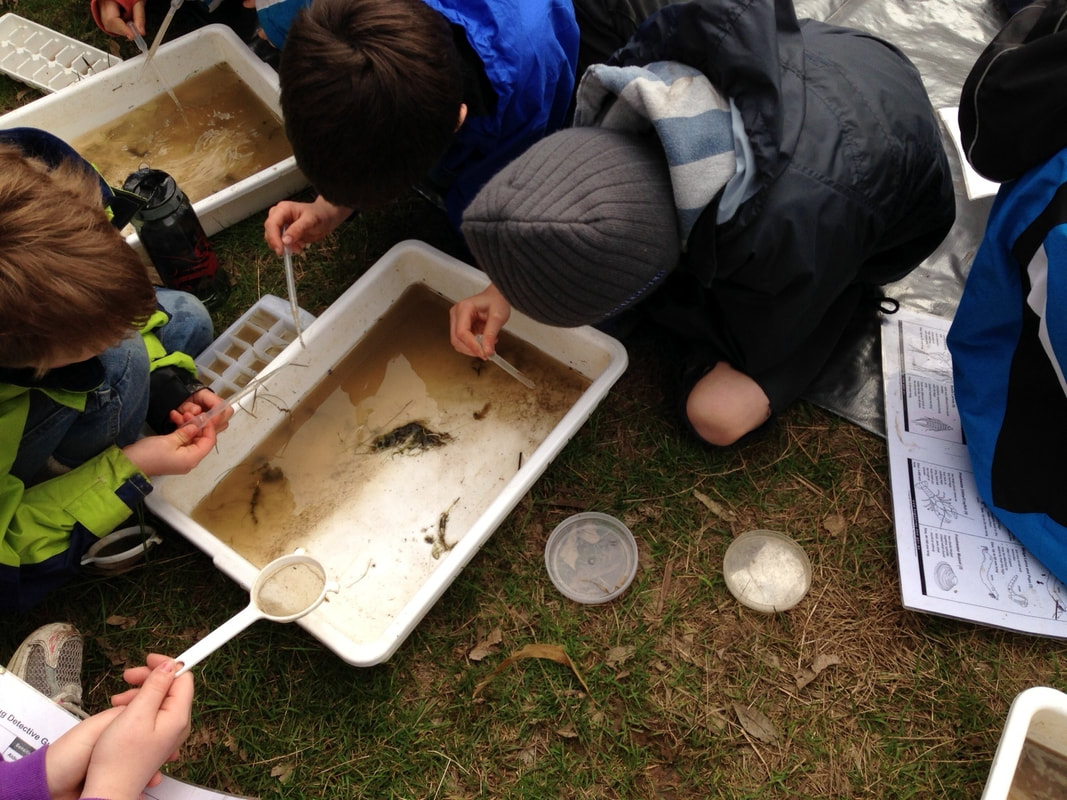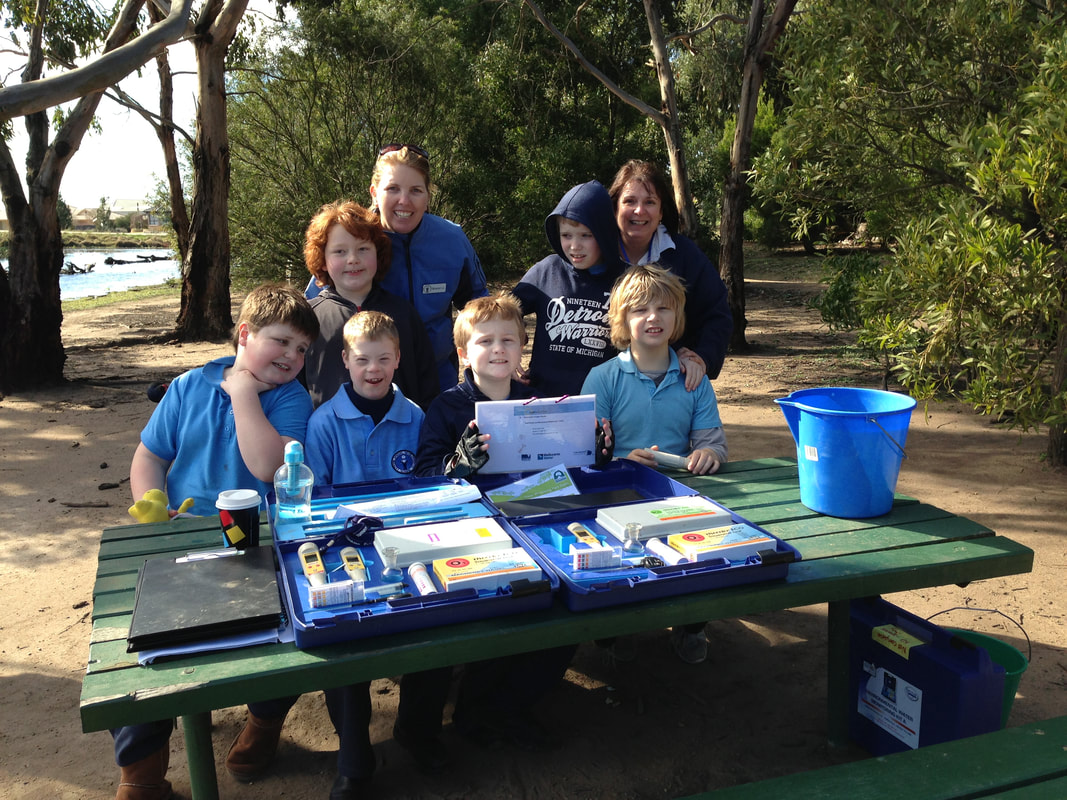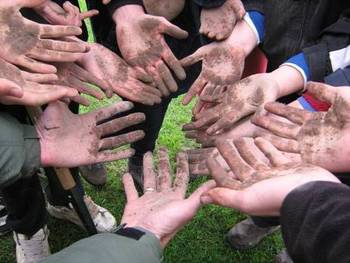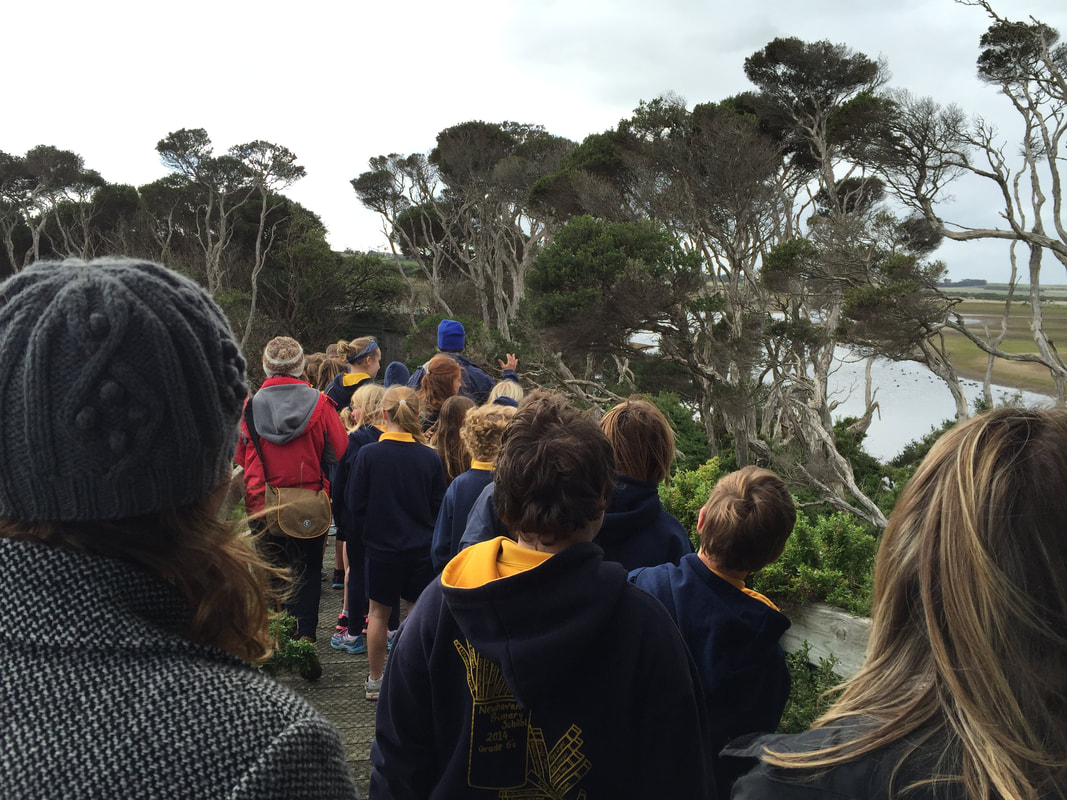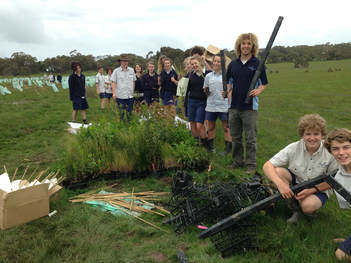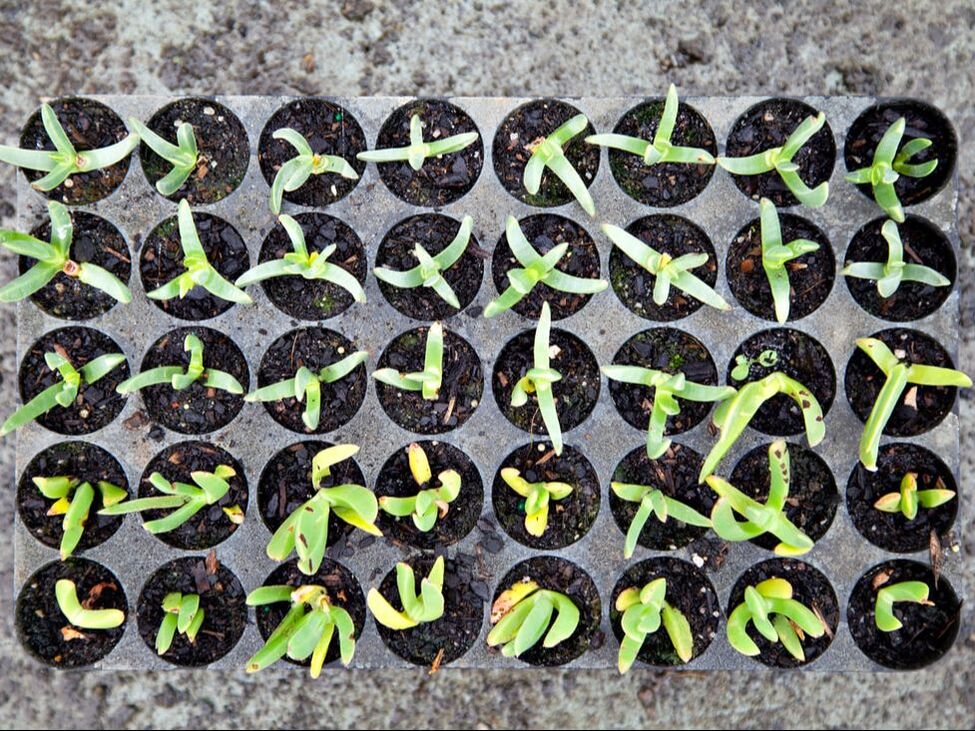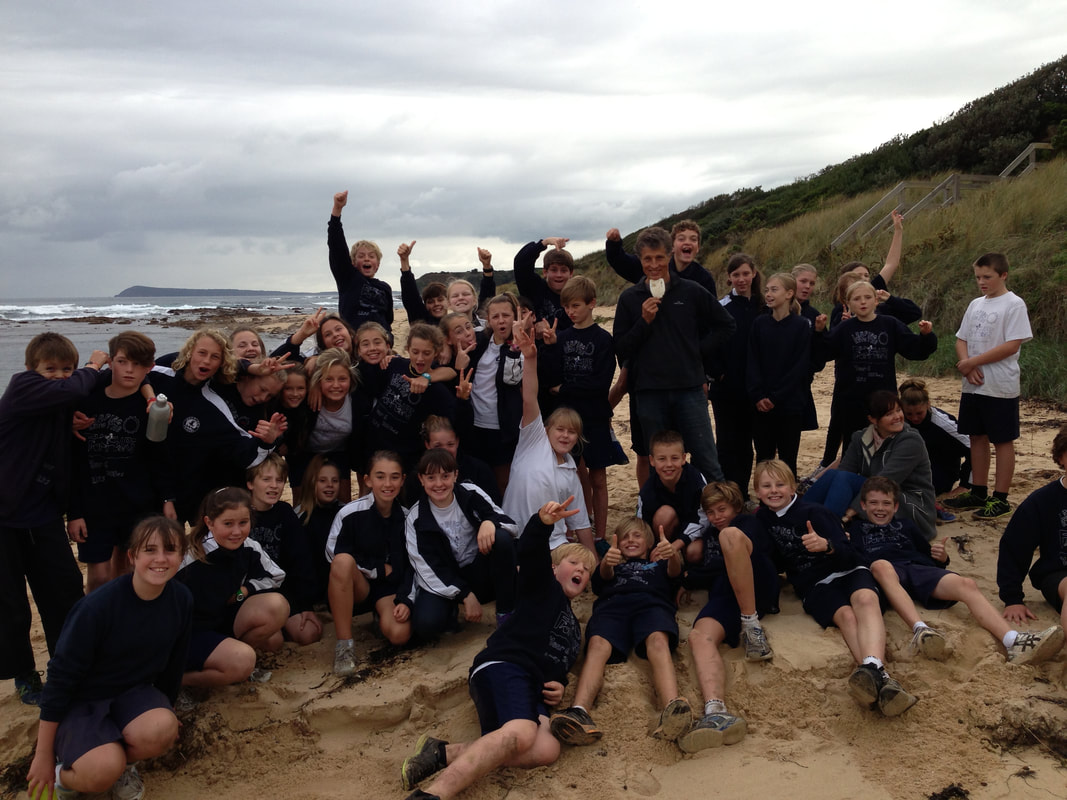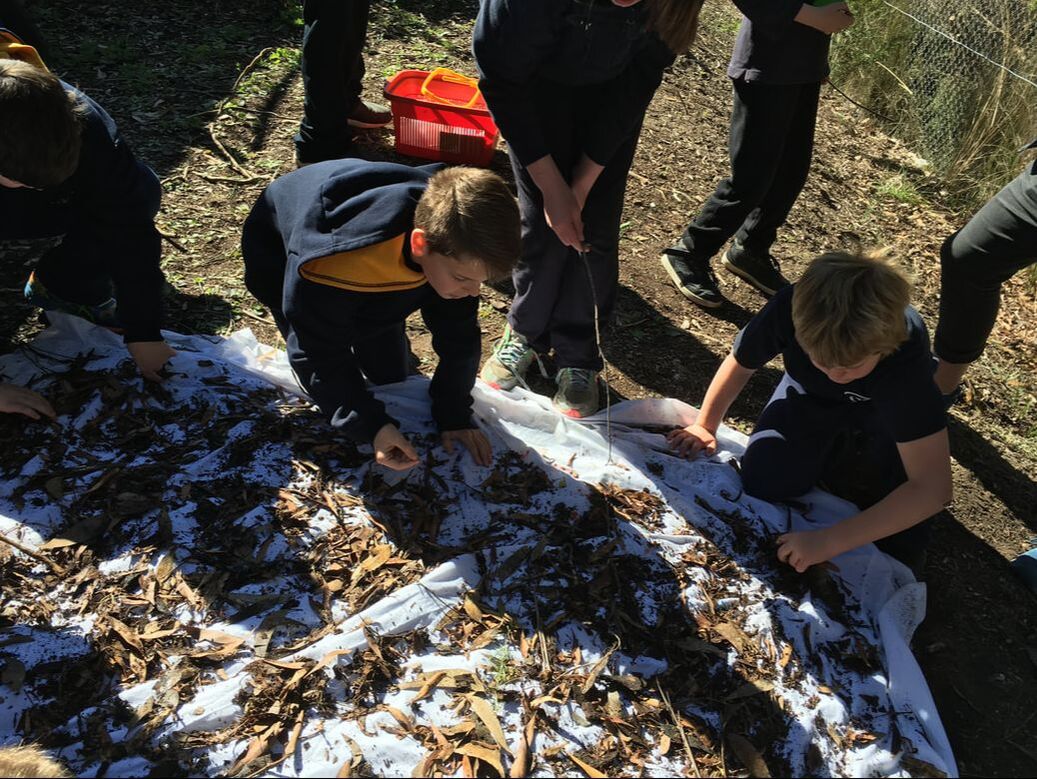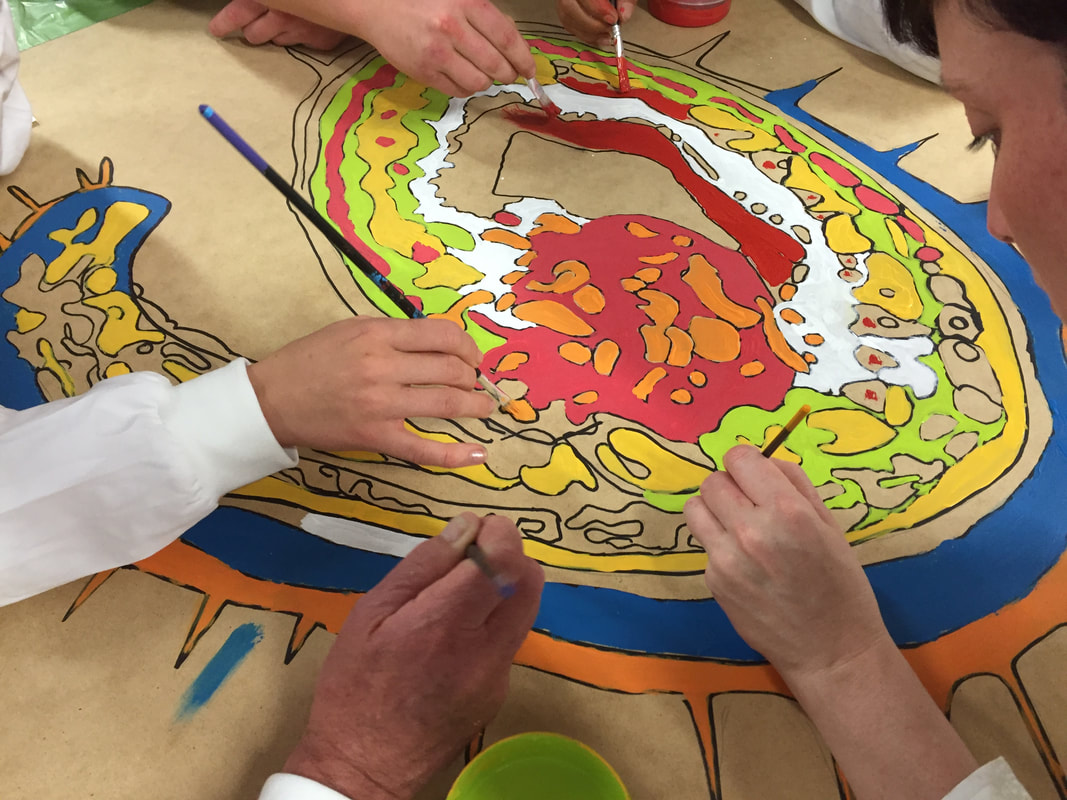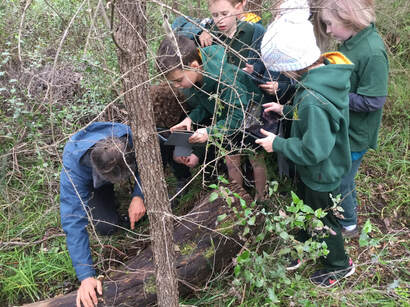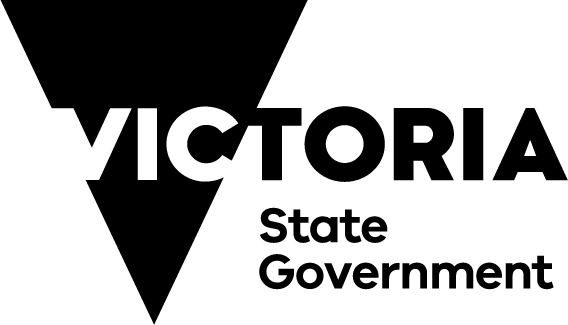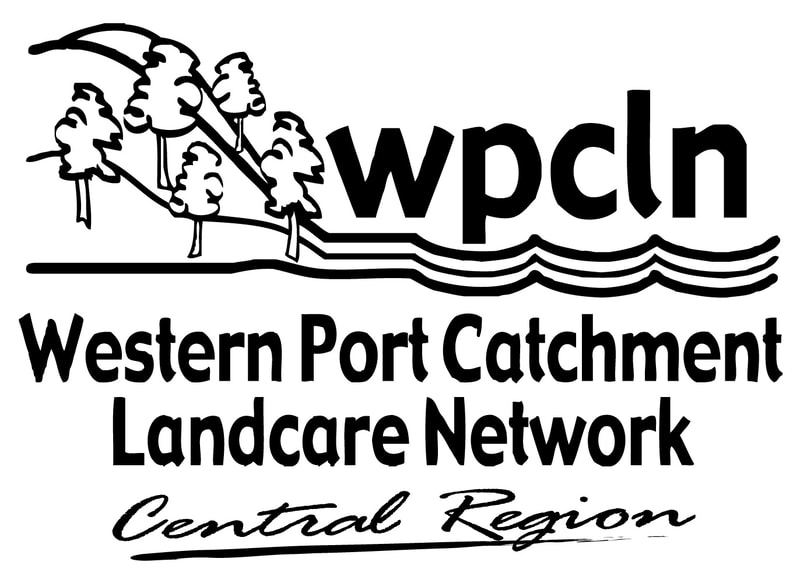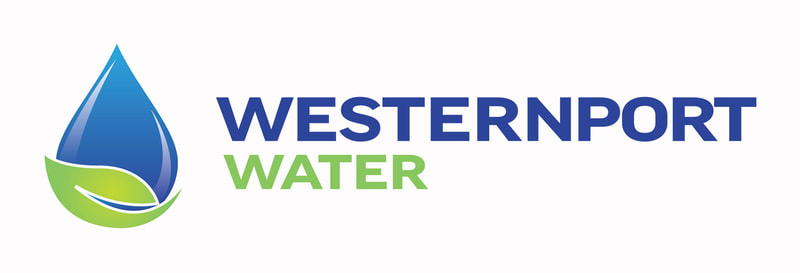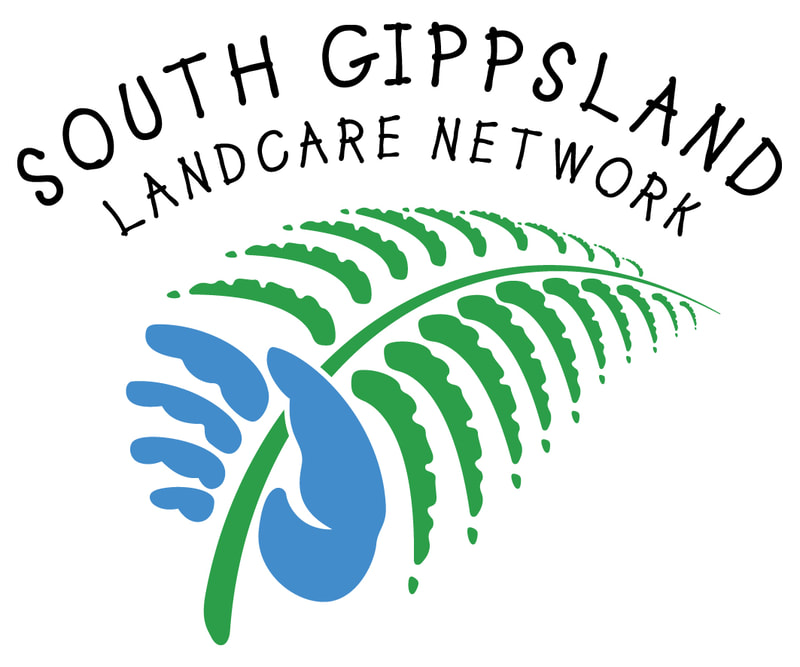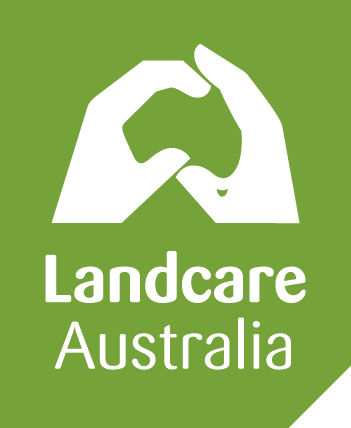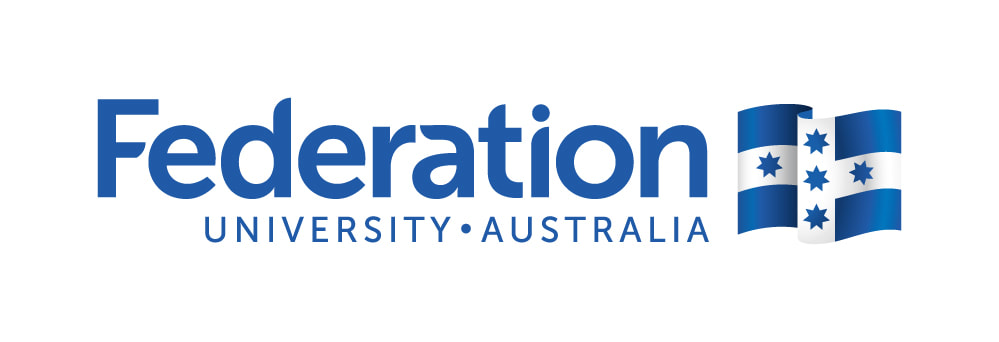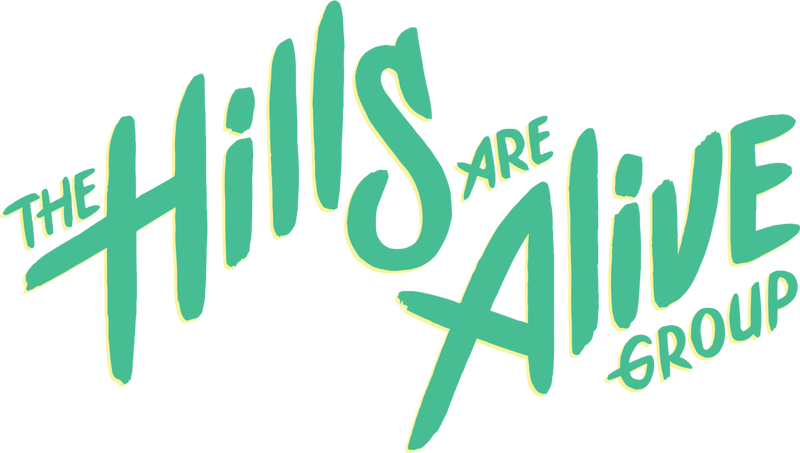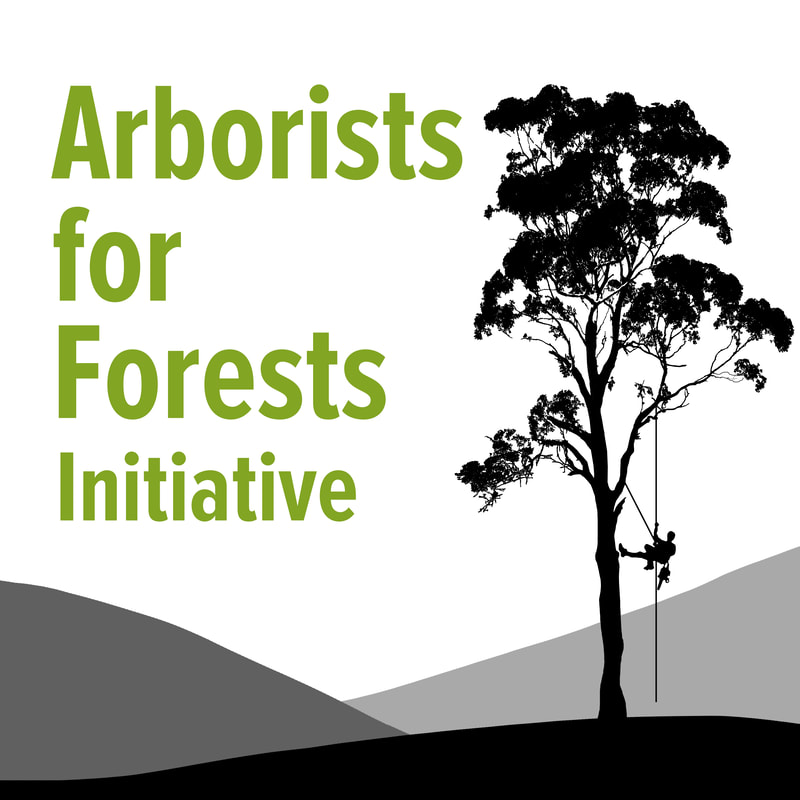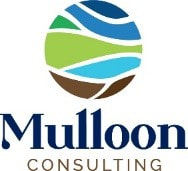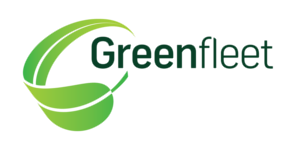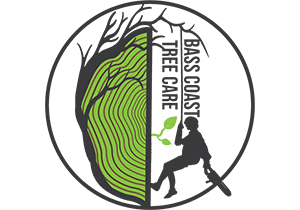CALLING BASS COAST SCHOOLS !!
Scroll down to the bottom of this page for our Expression of Interest form and fill out
to involve your school in our FREE activities and bus trips for 2024 - spaces are limited
OR If you are outside of Bass Coast or a Visiting School, scroll down to request a custom activity quote.
Scroll down to the bottom of this page for our Expression of Interest form and fill out
to involve your school in our FREE activities and bus trips for 2024 - spaces are limited
OR If you are outside of Bass Coast or a Visiting School, scroll down to request a custom activity quote.
What is Environmental Detectives?The Environmental Detectives school activities explore life on land and in fresh water, investigating the effects of human activities and the role of ecological health in our environment. The program was initiated in 2010 by the Bass Coast Landcare Network. Our experienced Education Staff have worked with Student groups from kinder to tertiary levels, from schools across Bass Coast, South Gippsland, Latrobe Valley, as well as adventure camps, and visiting student groups from Melbourne and beyond.
Previous funding from corporate sponsors allowed us to expand and refine our activity range, develop videos and comprehensive teacher information sheets with curriculum links, as well as host thousands of incursion and excursion activities. Current funding from the Victorian Government Distinctive Areas and Landscapes program and William Angliss Charitable Fund, has allowed us to again offer a small amount of free activity spots and bus trips for schools across Bass Coast (YAY!). These will be offered through an expression of interest process outlined below. We are so excited to get more students back out exploring and caring for our beautiful Bass Coast again! Spaces are limited however, so send in your requests to avoid missing out. We also welcome enquiries from schools visiting Bass Coast or located outside of Bass Coast and offer competitive rates for hosting environmental education activities. Please use the contact button at the bottom of this page to request a quote from our Education team for a custom activity program that suits your needs. |
Environmental Detectives activity range
Environmental Detectives connects students to a sense of wonder and care for the natural world through participation in fun activities offering positive nature experiences in local environments. Our expert Landcare Staff facilitate field activities linked to curriculum requirements, either in excursion or incursion formats to suit your needs, with materials and equipment provided. |
|
Water bug discovery - Aquatic macro-invertebrates sampling
Students discover the world of water bugs, their importance in freshwater ecology and how their presence gives us indicators of the health of our water systems and the wider Catchment.
|
Testing physical & chemical features of Water
Students test water from a local dam or waterway with a range of physical and chemical tests using scientific instruments then discover the health of the water based on their results.
|
Soils Ain’t Soils
Students learn about the structure of soil by getting their hands dirty doing a range of simple soil tests, then discuss the importance of soil to the health of our landscape and our ability to produce healthy food.
|
|
A coastal and bush pantry
Students discover a range of plants and animals that helped to sustain countless generations of Aboriginal people in Australia. See our landscape as the chemist, hardware and supermarket, and discuss various uses for fibers and materials still found in our region today.
|
Tree planting
Students participate in planting trees at local properties to help restore communities of plants that existed before land was cleared for farming and settlement. Students can watch plants grow and develop over the years, knowing that they helped create our future landscapes.
|
Seed collection & propagation
Students learn general techniques and special secrets of seed collecting, germinating and growing indigenous plants. A field trip to a local reserve or foreshore to collect seed can be run as a 1.5-2hr stand-alone activity or combined with sessions on propagation at our Nursery in Bass.
|
|
Exploration trail nature walks
Looking at everything from geography, environmental and science subjects to the history of European settlement and all that came before. Tailored to your units of study.
|
Bug bits
Students search for, collect and learn about the many features of the bugs of their school yard or local reserve and the roles they play in their environment.
|
Little big things
An extension of the ‘Bug Bits’ activity, Students learn about and collect bugs from the garden, magnify them and have fun drawing or painting their image.
|
|
Set up a Citizen Science Program
at your school or local reserve using iNaturalist Connect your school with the natural world by setting up your own Citizen Science monitoring project either at your school or a local reserve through the iNaturalist platform. This activity introduces the platform, shows you how to set up a project and includes a mini discovery session where students record pictures of local plants and animals. We then load up some of the images to the platform which are then identified by other scientists online, then once verified, your findings are contributed to national biodiversity databases.
|
Get recognised as a Resource Smart school with
Environmental Detectives activities
Is your school participating in the Resource Smart Schools program by Sustainability Victoria?
Did you know that by participating in our Environmental Detectives activities that your school can tick off a number of actions in the Water and Biodiversity modules?
Resource Smart Schools is a free program offered by Sustainability Victoria that supports Victorian schools to embed sustainability across the school facilities, community and curriculum, while saving resources and money for the school. Schools join the program, then have access to an online portal (ResourceSmart Schools online), where they learn and practice ways to integrate sustainability.
Click here to find out more about that program and click here to find a handy guide that cross matches the actions that you will have completed by participating in our Environmental Detectives activities. Please let us know when you fill out your expression of interest form for our activities below, if we can tailor our activities to assist your school in completing any particular actions.
Did you know that by participating in our Environmental Detectives activities that your school can tick off a number of actions in the Water and Biodiversity modules?
Resource Smart Schools is a free program offered by Sustainability Victoria that supports Victorian schools to embed sustainability across the school facilities, community and curriculum, while saving resources and money for the school. Schools join the program, then have access to an online portal (ResourceSmart Schools online), where they learn and practice ways to integrate sustainability.
Click here to find out more about that program and click here to find a handy guide that cross matches the actions that you will have completed by participating in our Environmental Detectives activities. Please let us know when you fill out your expression of interest form for our activities below, if we can tailor our activities to assist your school in completing any particular actions.
activity rates - visiting schools or outside Bass CoAst - 2023 Update
- Visiting Schools: Environmental Detectives activities are $8 per student per 1.5hr activity in Bass Coast. Based on an average of 25 students, each activity would be $200 plus any bus costs for excursions to be paid for by the school at local bus company rates. We provide all equipment needed for activities and organise permits or permission to access all excursion sites within Bass Coast. *Note minimum: $200 for each activity.
Latrobe Valley and South Gippsland: Environmental Detectives activities are costed per activity, with reduced rates for more than one activity in one day and include a travel surcharge for our Bass Coast based staff. We provide all equipment needed for activities and can work with you to find a suitable site for your activity. Any bus costs for excursions are to be booked and paid for by your school at your local bus company rates. Please click on the link below to request a customised quote for your needs.

